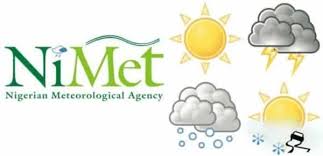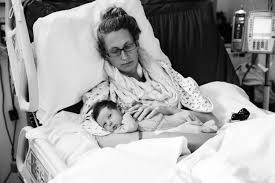
Oncologist tasks Nigerians on safe, healthy eating while fasting
Dr. Bolaji Salako, a clinical oncologist and radiation consultant at the Federal Medical Centre in Abeokuta, has urged Nigerians to prioritise their health and take the required safety steps to ensure a safe and healthy fasting experience.
This was said by the expert in a Monday interview in Ibadan, Oyo State, with the News Agency of Nigeria.
He asserts that improper fasting, particularly during Ramadan, might have negative effects on one's health.
Dehydration was one of the biggest worries, he said, particularly in areas with extreme temperatures.
"Dehydration, which can cause weariness, headaches, dizziness, and even more significant issues including kidney challenges if left untreated, can be brought on by prolonged periods of not drinking water.
Salako said, "It is imperative that those who are fasting remain hydrated during non-fasting hours."
He added that nutritional deficits were a worry as well because fasting involves not eating or drinking during the day, which can occasionally result in nutrient imbalances.
Salako encouraged people who are fasting to try to eat a balanced diet during the times when they are not fasting, i.e., when they are starting or ending their fast.
The oncologist also mentioned that fasting can have an impact on blood sugar levels, particularly in those with diabetes, and that eating an unbalanced diet may result in deficits in important vitamins and minerals.
"It's critical for patients with diabetes and other illnesses like cancer and hypertension to collaborate closely with their physicians to modify their drug regimens."
"It's critical that people with diabetes and other illnesses, such as cancer and hypertension, collaborate closely with their doctors to modify their medication regimens and closely monitor their health conditions throughout Ramadan."
According to him, inconsistent sleep schedules and alterations in food schedules during Ramadan may also have an adverse effect on general health and wellbeing, possibly resulting in problems like exhaustion, agitation, and difficulties focusing.
While there are spiritual benefits to fasting during Ramadan, he says people should prioritise their health and take the necessary procedures to guarantee a safe and healthy fasting experience.
"It's crucial to continue exercising throughout Ramadan," he continued. Walking or stretching during non-fasting hours are examples of light to moderate exercise that has positive effects on our wellbeing.
He said that patients with cancer, particularly those with advanced disease and on frequent treatment, are encouraged to fast or not.





